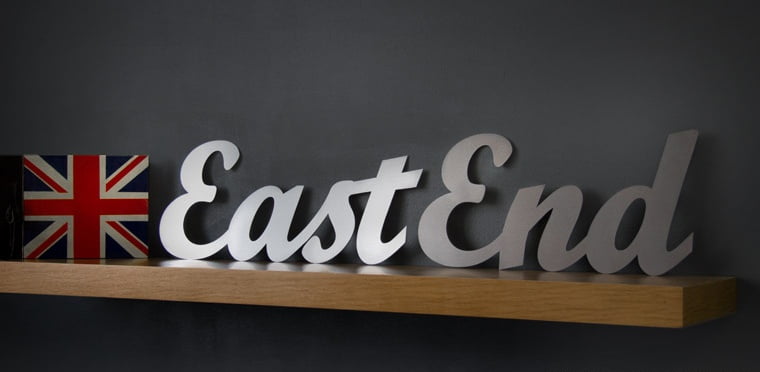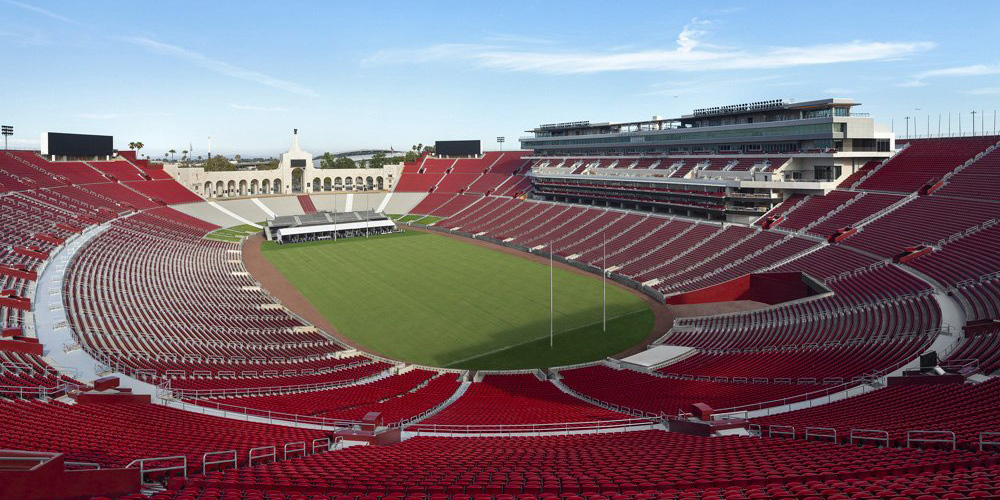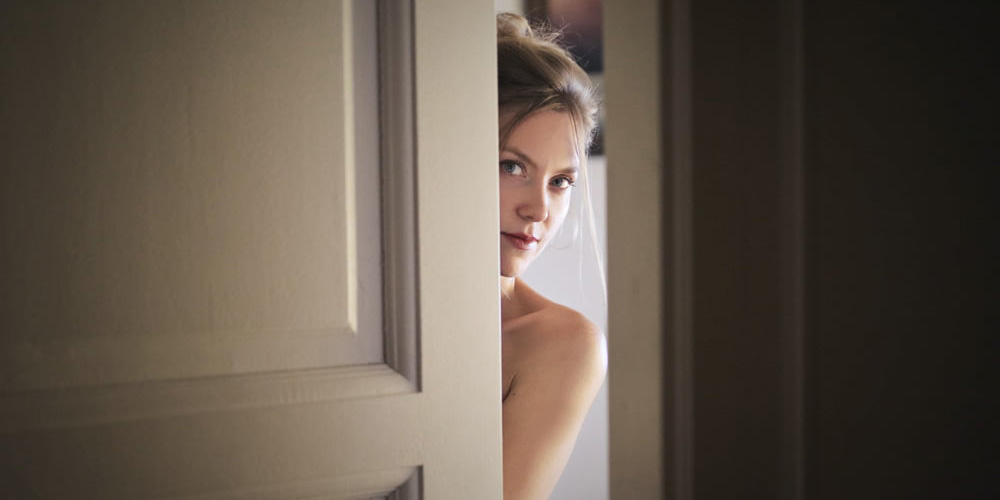A couple of months ago, a new travel video hit the web, exploring the East End of London from a skateboarder’s perspective, as he hurtles around its many and varied colourful street markets, including Columbia Road Flower Market, Broadway Market in Hackney – the gourmet’s choice – and the bric-a-brac heaven that is Brick Lane.
For tourists, no trip to the capital is complete without a visit to the East End. The region best exemplifies the capital’s multiculturalism and diversity, with a vast array of nationalities living side by side. And, as local artists Gilbert & George once said, “Nothing happens in the world that doesn’t happen in East London.”
Besides the waft of freshly cut flowers and baked goods of the markets, though, you may notice something else in the air – the sound of Multicultural London English (MLE). Emerging over the last two decades, MLE is a burgeoning dialect used by many of the young people that have grown up in the East End (it’s not an exclusively East London thing, but its presence is certainly felt the strongest here).
In some schools in the East End, up to 50% of pupils speak English as a second language, meaning that on a daily basis, kids in the area are faced with a wide variety of different languages and dialects. As a result, MLE combines elements of Caribbean, South Asian, and African American English, and of course Cockney – the quintessential London dialect.
You can recognise MLE from its distinctive vowel sound (“lahke” instead of “like”) and the use of “f” or “v” instead of “th” (e.g. “What do you fink, muvver?”). Check out Dizzee Rascal’s “I Luv U” for an example of how it sounds.
Most recognisable of all, though, is MLE’s distinctive slang. Listen out for the following popular slang terms:
Yard – home (“I’m off to me yard.”)
Ends – neighbourhood, part of London (“What ends you from, then?”)
Blud – friend (“What you saying, blud?”)
Safe – OK, fine (“Safe, bruv”)
Buff – attractive (“She’s looking pretty buff”)
Sick – good (“That tune was sick!”)
MLE is spreading, no doubt aided by high-profile speakers such as rapper Dizzee Rascal and Hackney-raised actor Idris Elba. And, for better or worse, it also seems to be replacing the Cockney Rhyming Slang from which it evolved.
So, if you’re out East and hear any of this flying around, you should now have a better idea of what’s being said. There is one thing to bear in mind though – a non-native MLE speaker using the lingo sounds rather odd, so it’s best to leave it to those that have grown up with it!




Comments (0)